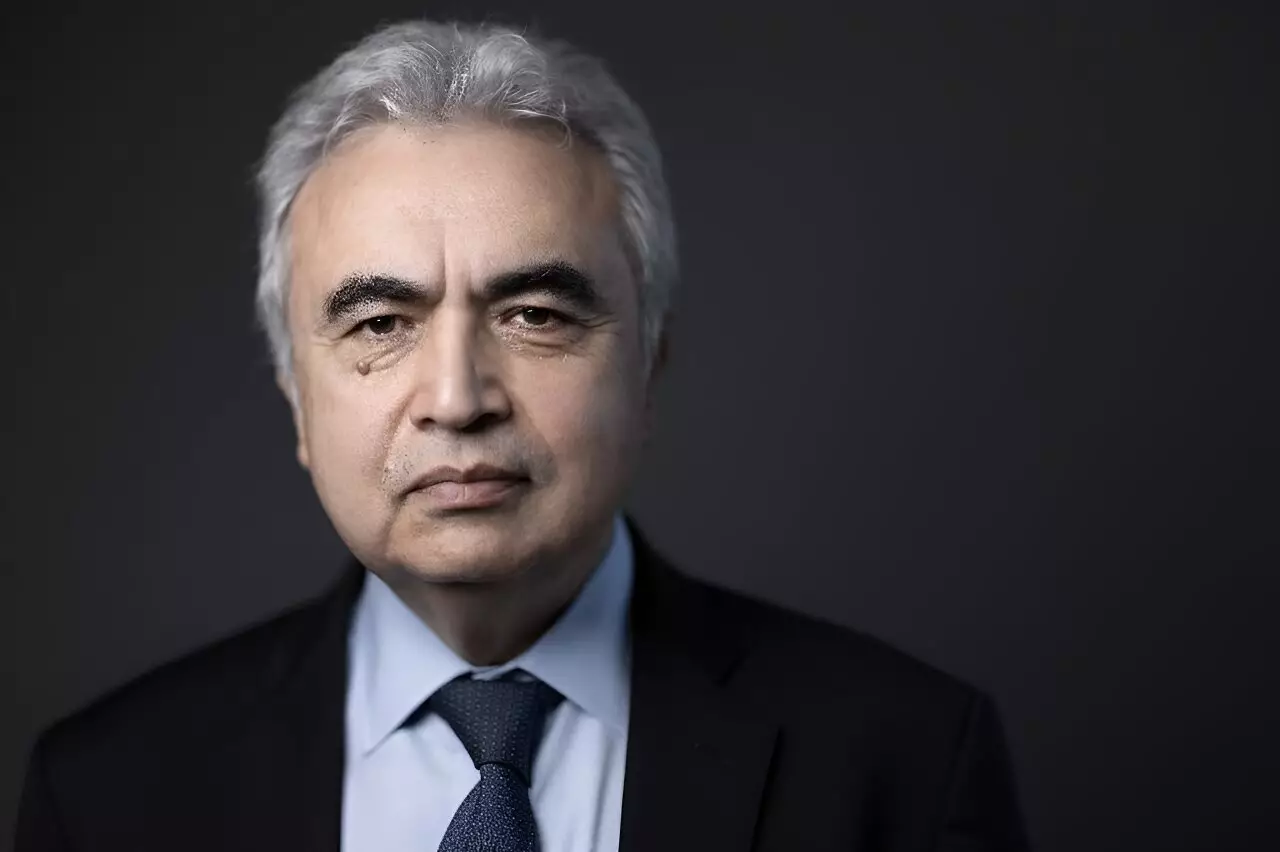As the world powers grapple with the technologies crucial for combating climate change, International Energy Agency (IEA) chief, Fatih Birol, emphasized the need for fair trade in the global energy transition. While trade barriers can create hindrances to this transition, it is important to ensure that commerce is conducted in an equitable manner. At the World Economic Forum in Davos, Switzerland, clean energy has emerged as a significant topic of discussion, with China expressing concerns about “barriers to green trade,” and the European Union (EU) raising alarm over “trade imbalances.”
China holds a leading position in the deployment of solar and wind energy, as well as electric cars. The EU launched an investigation into Beijing’s subsidies for its electric car industry, potentially leading to punitive tariffs and raising fears of a trade war. Conversely, EU nations are also apprehensive about losing business to the substantial energy transition subsidies provided by the United States, including tax breaks for domestically produced electric vehicles.
Birol acknowledged China’s critical role in driving clean energy worldwide, highlighting its contribution to the rest of the world. However, he emphasized the importance of examining the trade implications for national economies to ensure fairness in production. The European Commission president, Ursula von der Leyen, echoed these concerns and engaged in frank discussions with the Chinese Premier, Li Qiang, regarding trade imbalances.
Birol emphasized that Europe is currently at a crossroads, lagging behind China in clean technology manufacturing and potentially falling behind the United States in the near future. To revive its technological leadership, Europe needs to develop a roadmap that considers new market and technological framework conditions. It is crucial for Europe to redefine its position in the energy transition and focus on regaining its competitive edge in the clean energy sector.
To achieve its goal of tripling renewable energy capacity by 2030, the world must fund the energy transition in developing nations. This financing gap was identified as the most significant missing item during the UN’s COP28 climate summit in Dubai. The agreement reached at the summit emphasized the need to transition away from fossil fuels and recognized the pivotal role of developing countries in achieving this goal.
Birol expressed hope that the issue of financing for developing nations would be discussed during the upcoming COP29 in Baku, Azerbaijan. The success of the conference hinges on addressing this critical problem. However, the appointment of a former state oil company executive, Mukhtar Babayev, as the president of COP29 raised concerns among climate campaigners. Birol acknowledged the legitimate questions regarding this appointment but stressed the importance of giving Azerbaijan the opportunity to prove its commitment to the energy transition.
In his discussions with Azerbaijani officials, Birol witnessed a strong willingness to engage in constructive dialogue and cooperation. It is essential for all stakeholders to foster goodwill and work together to ensure the success of global climate conferences.
Trade barriers can pose challenges to the world’s energy transition, but fairness in trade is crucial for its success. Achieving a clean energy future requires addressing trade imbalances and ensuring that all nations have equal opportunities in the clean energy sector. Europe faces the urgent task of revitalizing its technological leadership, while the international community must focus on financing the energy transition in developing countries. By promoting fair trade practices and providing adequate financial support, the world can work towards its goal of tripling renewable energy capacity by 2030 and transitioning away from fossil fuels.


Leave a Reply